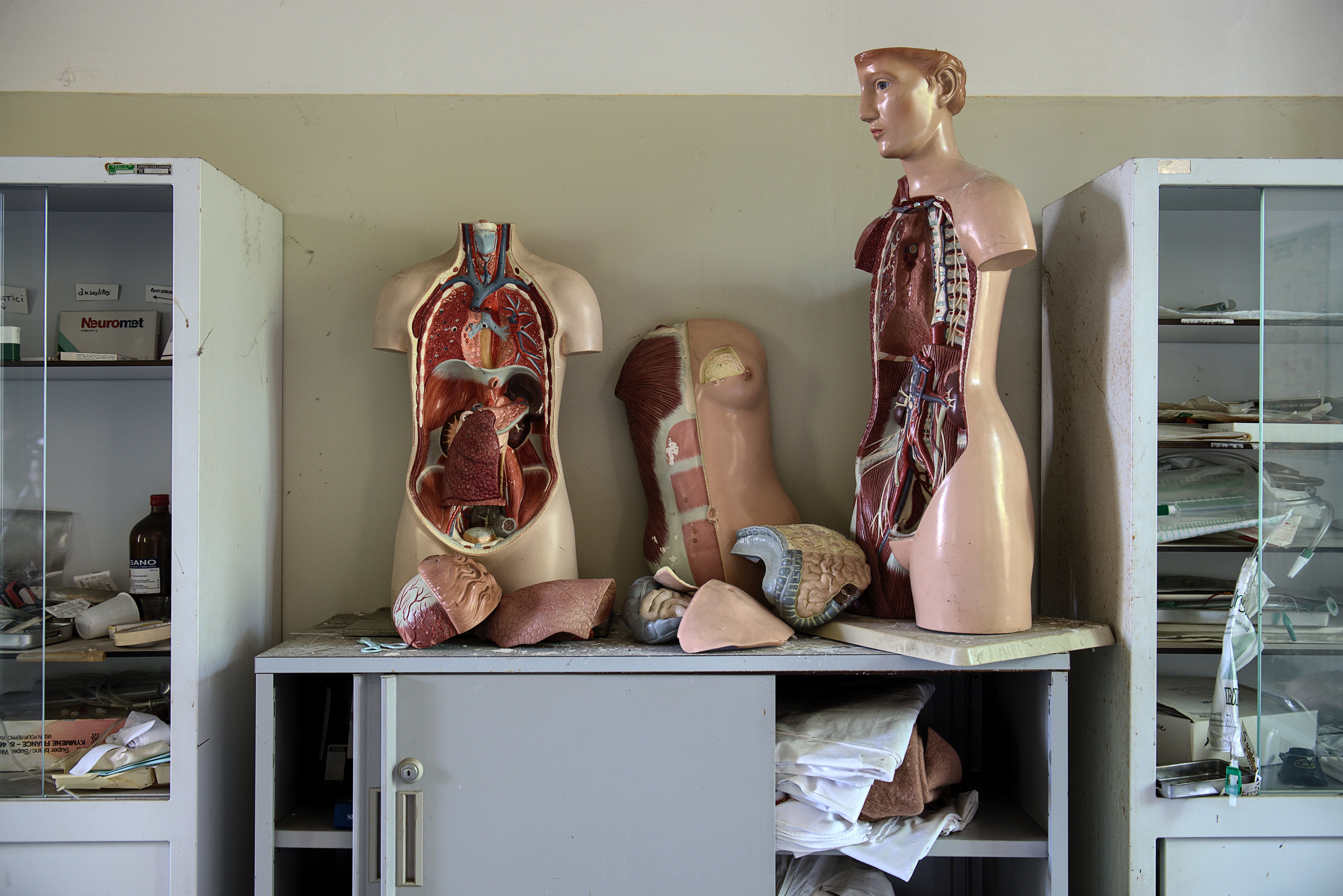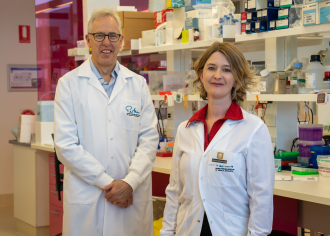Media release
From: The University of Western AustraliaNEW LIVER CANCER RESEARCH PROJECT, THE FIRST OF ITS KIND IN WA
Patients with primary liver cancer will benefit from a new research project that will apply the latest techniques to analyse patient tumours and test new treatments.
Director of the Harry Perkins Institute of Medical Research, UWA Professor Peter Leedman, and Curtin University’s Associate Professor Nina Tirnitz-Parker, from the School of Pharmacy and Biomedical Sciences and the Curtin Health Innovation Research Institute (CHIRI), will co-lead the research team.
The research will be carried out through a new $10.8 million research centre which is made possible by a $5 million Cancer Research Trust grant and $5.8 million from Minderoo Foundation, Curtin University, The University of Western Australia, Harry Perkins Institute of Medical Research, the State Government and charitable organisations
Primary liver cancer is where a malignant cancer starts in the liver. It is responsible for the third-most cancer related deaths worldwide, behind only lung and stomach cancer.
Rates of the most common form of primary liver cancers have been increasing steadily in Australia by 4-5 per cent per year for the past three decades. Average survival after diagnosis is only 12 months and patients often present at an advanced stage when treatment options are limited.
Professor Peter Leedman said the research would be a true collaboration of medical specialists, experts in liver disease and cancer researchers.
“It will establish a process, where patient samples are analysed and tested with a range of potential treatments.
“Interestingly, the diagnosis of primary liver cancer has typically been made with a blood test and an MRI, but not with a biopsy.
“We now have the latest advanced genomics technology in Perth that can analyse a liver tumour biopsy at the single cell level and look at each tumour’s molecular fingerprint and individual pathology as well as compare a patient’s early and late stage cancer.
“By defining the underlying biology of each tumour, we will be able to provide more precision in treatment selection, eventually matching the ‘right patient to the right drug’ but we also expect to uncover new pathways that can be attacked with new drugs,” Professor Leedman said.
Some patient tissue will undergo advanced genomics analysis by UWA Professor Alistair Forrest at the Harry Perkins Institute while Curtin University will use patient tissue to grow organoids, or mini livers.
Associate Professor Nina Tirnitz-Parker said the new project aimed to improve outcomes for people with primary liver cancer.
“We can establish organoids, miniaturised versions of an organ, from patient tumour samples that will be profiled,” Associate Professor Tirnitz-Parker said.
“We will also establish a repository of organoids that represent different tumour subtypes and then perform drug screenings and make informed decisions on the best possible treatment choices without any side effects to the patient.”
The team aims to develop a unique large resource of approximately 500 liver cancer samples over five years from across Australia, which on a global scale is a sizeable collection.
“Most importantly, the project will make a difference to the treatment of liver cancer and contribute to greater international understanding of the disease,” she said.
The Western Australian Liver Cancer Collaborative will include more than 50 researchers from UWA, the Harry Perkins Institute of Medical Research and Curtin University-CHIRI. It will also involve Perth’s three main teaching hospitals as well as interstate and international collaborators.
WA Health Minister Roger Cook said it was a pleasure for the McGowan Government to contribute funding to The Western Australian Liver Cancer Collaborative, alongside eminent Western Australian institutions.
“Effective research is about more than giving dollars to help solve a problem,” Mr Cook said.
“That’s why it’s so heartening to see this truly collaborative Western Australian approach, with interstate and international input, applied to liver cancer research.
“The application of substantial combined effort, strategic thinking and the latest advanced genomics technology is sure to advance us much further on the path to unlocking the mysteries of this aggressive cancer that devastates far too many lives.”
Minderoo Foundation is providing $2.5 million, Curtin University $1 million, $500,000 is being contributed by each of UWA, the Harry Perkins Institute of Medical Research, the WA Health Department and the Sir Charles Gairdner Hospital Foundation. The McCusker Charitable Foundation is contributing $300,000.
Dr Steve Burnell, CEO of Minderoo Foundation’s Collaborate Against Cancer initiative said the new liver cancer collaborative was a crucial step to tackling this particularly deadly disease.
“At Minderoo Foundation we are passionate about enabling effective collaboration and supporting the collection and sharing of the data needed to underpin the next generation of cancer research and treatment,” Dr Burnell said.
“This project, generating a unique precision medicine dataset for liver cancer and involving dozens of experts across relevant disciplines, exemplifies this approach.”



